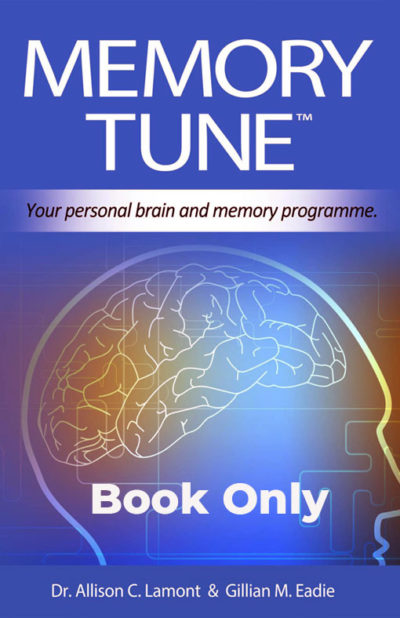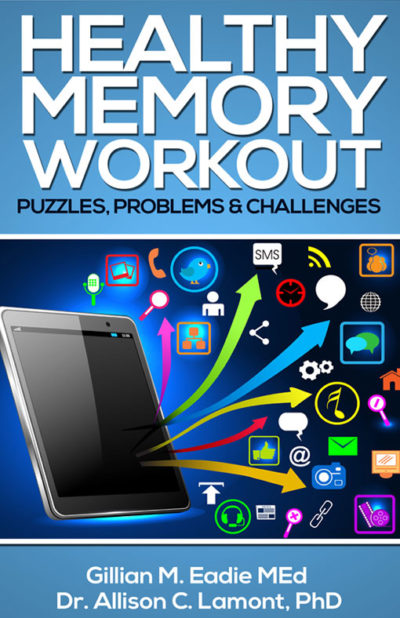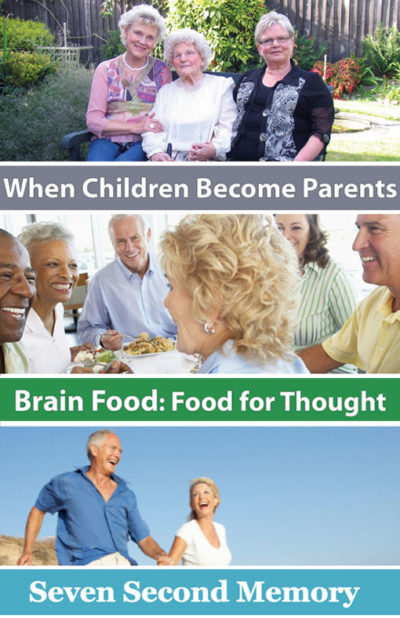Sometimes, everything seems like just too much!
Losing hope is the last thing that your brain needs.
Your brain is better when it’s hopeful, says Dana smith of Elemental
- In the brain, people experience optimism about the future in two key areas: the amygdala, our emotion processing center, and part of a region called the anterior cingulate cortex that is involved in thinking about the self, reflecting on the past, and anticipating the future, particularly with an emotional lens.
- The opposite of hope is often thought to be depression, and interestingly, both of the brain areas activated during feelings of optimism are malfunctioning in people with depression.
- But hope is more than just having a sunny outlook for the future. According to the psychologist Charles Snyder, who pioneered much of the research on the topic (Hope theory: Rainbows in the Mind), real hope requires three components: goals, agency, and pathways. It’s not enough to want something to happen, you must have a way to achieve it.
- Feelings of agency — “having both important goals and believing that one can initiate and sustain action toward goal attainment” — appear to be especially important for people’s mental health. In a study of college students, those who ranked themselves as having more hope had lower levels of anxiety and depression months later, but only if they also scored high in agency.
- Hope may benefit your physical health, too. Among older adults, higher levels of hope are associated with lower mortality rates compared with people who feel hopeless. Researchers speculate that having hope may prompt people to make better, healthier choices.
Is there is time you can recall when being hopeful helped you? Do share your experience with all of us, if you can.




